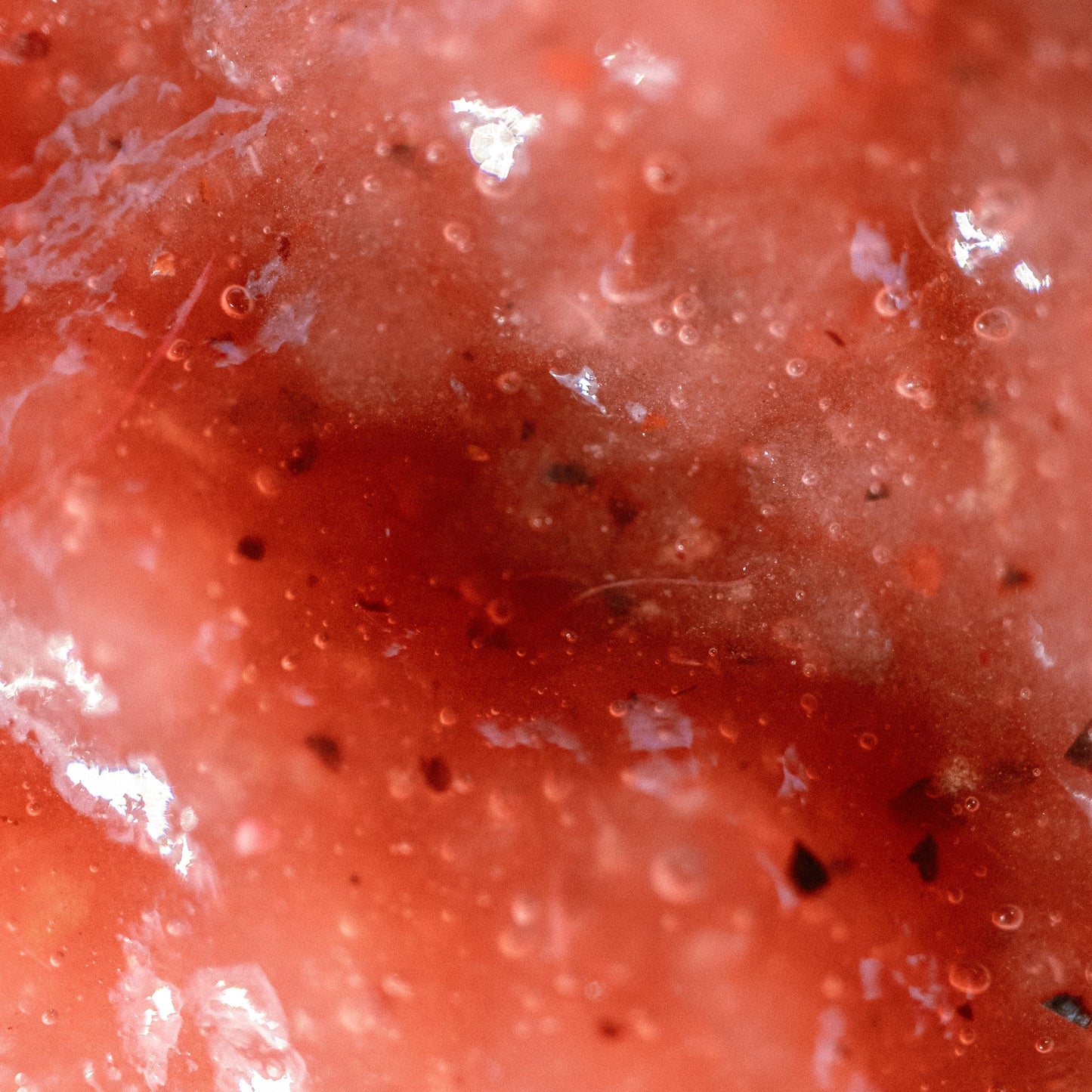
Author: Samadhi Sea Moss Founder, Mike Ryan
It’s vital to maintain optimal nutrition while pregnant, that’s a given. In fact, according to the American Journal of Obstetrics and Gynecology, “comprehensive improvements in the nutritional and health status of women before and during pregnancy, contribute to optimal fetal growth, better outcomes in childbirth, improved perinatal survival, and the potential for better long-term health in both the mother and child.”
It’s also known that mama’s lose up to ⅓ of all their minerals during child birth, so it’s important to mineralize before, during, and after pregnancy.
One of the easiest ways to ensure you’re getting proper nutrition as a new mom-to-be is by choosing nutrient-rich superfoods (more vitamins and minerals in one place, smart choice right?).
Enter sea moss, the newest yet most traditional superfood to have gained increasing popularity. But how do you know if sea moss is safe to take while pregnant and what benefits does it really offer?
Today, we discuss whether sea moss is safe to take while pregnant as well as everything you need to know about adding this sea algae to your diet.
Understanding Sea Moss
Sea moss is a species of red macro-algae that grows along the Atlantic coastlines of Europe, North America, and the Caribbean. For centuries, it has been known for its medicinal properties and versatile culinary uses. The locals in Ireland use sea moss as a food and vitamin source during the potato famine. Rich in essential vitamins, minerals, sea moss has garnered quite a reputation as a nutritional powerhouse.

Sea Moss’s Nutritional Profile
So, why is sea moss so popular and what benefits does it really offer? Take a look at the nutritional breakdown below.
According to the U.S. Department of Agriculture’s (USDA) FoodData Central, 2 tablespoons (tbsp) or (⅛ cup) of sea moss contains the following:
- Calories: 4.9 kal
- Protein: 0.151 g
- Fat: 0 g
- Carbohydrates: 1.23 g
- Sugars: 0.061 g
This serving of sea moss also contains these key vitamins and minerals:
- Calcium: 7.2 milligrams (mg)
- Magnesium: 14.4 mg
- Phosphorous: 15.7 mg
- Potassium: 6.3 mg
- Iron: 0.89 mg
- Zinc: 0.195 mg
- Copper: 0.015 mg
- Manganese: 0.037 mg
Red seaweeds also have antioxidant properties, which may help prevent oxidative damage in the cell as well as prebiotic effects (good for your gut).
Similar to other types of seaweed, sea moss is also a natural source of iodine. Research in the Journal of Medicinal Food notes that sea moss contains about 102 mg/g of iodine per gram. According to the National Institutes of Health, the body needs iodine to make thyroid hormones. These hormones control the body's metabolism and many other important functions. The body also needs thyroid hormones for proper bone and brain development during pregnancy and infancy.
How Sea Moss Can Support Pregnant Women
By providing pregnant women with a rich source of essential vitamins and nutrients their bodies need, sea moss can help pregnant women meet their increased nutritional needs, promote healthy fetal bone and brain development, and boost their overall health.
Here’s a breakdown of how sea moss’s nutritional profile can support pregnant women:
Vitamins: Sea moss is packed with vitamins that are crucial for maternal health and fetal development, including vitamin C, vitamin A, vitamin E, and various B vitamins including B1, B2, B3, B6, and B12.
Minerals: Sea moss also contain a variety of minerals that are vital to maintaining the body's overall well-being, including calcium, iron, magnesium, copper, and potassium. These minerals help with bone development and muscle function. Sea moss is an excellent source of silica and also iodine - a mineral vital for thyroid function and cognitive development in infants.
Antioxidants: This superfood also helps safeguard mother and baby from oxidative stress, reduces inflammation, and supports immune function.
The health benefits of taking sea moss during pregnancy include the following:
- Promotes thyroid health for health metabolism and hormone function
- Supports healthy fetal development
- Strengthens the mother’s immune system
- Improves digestion and promotes regular bowel movements
How to Add Sea Moss to Your Pregnancy Diet
Here are some suggestions on how to incorporate sea moss into your pregnancy diet:
Smoothies/smoothie bowls: Reap the full benefits of sea moss by adding a couple tablespoons to your smoothie or smoothie bowl.
Teas: Add dried or powdered sea moss to tea for an additional boost.
Baked goods: You can also use sea moss as an egg replacement to bake muffins, bread, or cakes.
Soups: Sea moss gel can be used as a thickening agent in soups instead of flour or cornstarch.
Get creative!: Sea moss gel is very versatile and can be used creatively!
Can Sea Moss Help You Get Pregnant?
Studies have shown that sea moss has an enhanced effect on the testicular function of rats, which could impact fertility. Scientists also found sperm motility and count also increased in these male rat subjects after they were given sea moss. So, essentially, that’s a maybe!
Sea Moss Precautions and Considerations
While sea moss does offer a wide variety of health benefits, we do recommend consulting with your healthcare provider before adding it to your pregnancy diet. You also want to make sure you are getting your sea moss from a reputable company who sources truly wild, rock-harvested sea moss from the ocean.
Sea Moss, a Pregnancy Superfood
In conclusion, sea moss could definitely be a pregnancy superfood, when used under the supervision of a healthcare professional. By adding this nutrient-rich algae into your nutrition routine, you can support your well-being as well as your baby’s development.
If you’d like to try sea moss, be sure to browse our collection of sea moss gel online.



